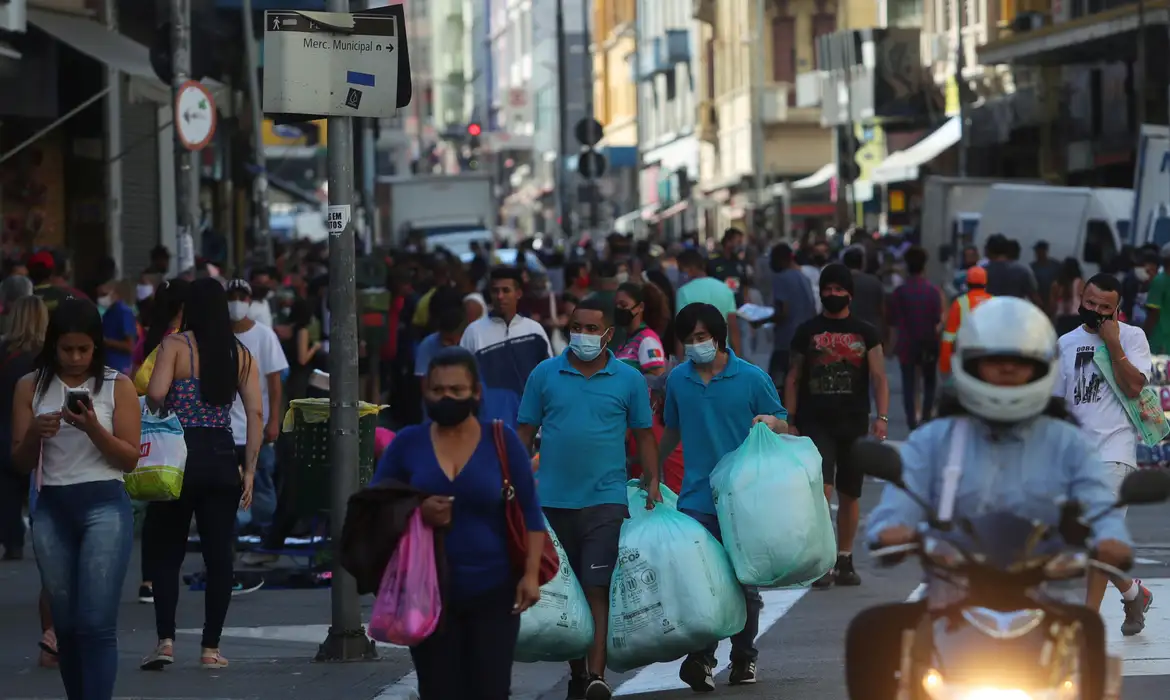Consumer confidence: calamity in RS influences fall in May

In May, the downward trend was pressured by expectations regarding the coming months, while assessments of the current situation were stable. According to the survey, the Expectations Index decreased by 6.7 points, to 95.5 points. This is the lowest level since December 2022, when the level was 94.6 points. On the other hand, the Current Situation Index remained stagnant, at 80.6 points.
According to Anna Carolina Gouveia, economist and researcher at FGV IBRE, the sharp drop in the index was the biggest since September 2021, when there was a decline of more than 6.0 points.
“Expectations had been generating around neutrality, that is, consumers are no longer so pessimistic, nor so optimistic — and now with the strong decline in expectations, this indicator has moved to a level of moderate pessimism. This result is closely linked to events in the South, which lead to increased uncertainty regarding the local economy and the economy as a whole”, explains Gouveia.
For Renan Gomes de Pieri, economist at FGV-SP, it remains to be seen whether this effect will be restricted to May this year or whether it will remain for the rest of the year.
“It is natural that consumer perception about savings may vary, from month to month, due to specific factors related to that month. Often a month in which retail sales were better can make entrepreneurs more optimistic, a month that generates more jobs can make people more favorable to the economy. And specifically in the month of May, consumer perception is linked to the future economy, with consumers expecting a slightly less favorable scenario than previously”, he points out.
Among the items that make up the ICC, the one that measures the momentum of purchases of durable goods was the one that contributed most to the decline in confidence in the month, falling 8.3 points, to 78.8 points. The stability in evaluations of the moment was noted in the perception of the local economy, where the indicator stood at 92.3 points, after two consecutive increases.
By Brasil 61




